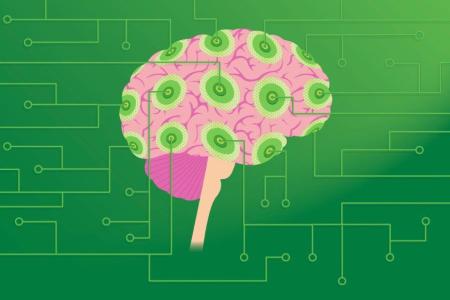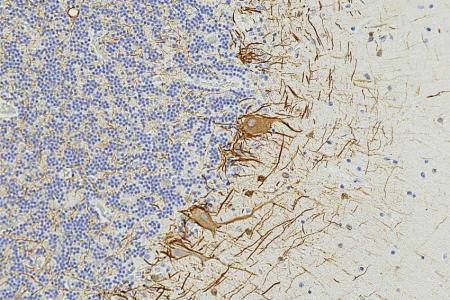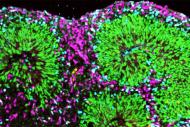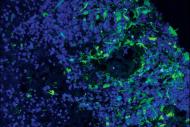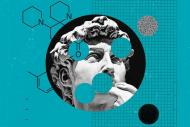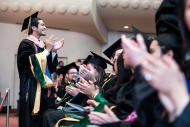Widely Used Brain Organoids are ‘Confused’ and ‘Disorganized’ Compared to New Atlas of the Developing Human BrainWidely used organoid models fail to replicate even basic features of brain development and organization, much less the complex circuitry needed to model complex brain diseases or normal cognition.
Dementia-Related Language Symptoms Differ in Italian and English Speakers, Study Finds English and Italian speakers with dementia-related language impairment experience distinct kinds of speech and reading difficulties based on features of their native languages.
Patients Can Influence Outcomes Despite a Genetic Diagnosis, Study SuggestsA physically and mentally active lifestyle confers resilience to frontotemporal dementia, even in people whose genetic profile makes the eventual development of the disease virtually inevitable.
UCSF postdoctoral researcher for the first time succeeded in keeping a diverse array of glioblastomas alive in the lab using brain organoids
Neuroscientist Adam Gazzaley envisions how AI and virtual reality might heal the human mind.Scientists have documented the influence of information overload on attention, perception, memory, decision-making, and emotional regulation. But the same technologies contributing to the cognition crisis could help solve it, argues neuroscientist Adam Gazzaley.
When it does, what will it mean to be human?We are entering an era of brain-machine interfaces and genome-editing technology. When we can govern the very biology that makes us who we are, what will it mean to be human?
Tau PET Brain Imaging Could Launch Precision Medicine Era for Alzheimer’s DiseaseBrain imaging of pathological tau-protein reliably predicts the location of future brain atrophy in Alzheimer’s patients a year or more in advance.
Fenfluramine Reduces Seizures, Is Safe for Patients with Dravet, Study Shows A drug that once helped obese adults lose weight, but was withdrawn from the market due to heart risks, may be safe and effective for children with a life-threatening seizure disorder called Dravet syndrome.
From international awards for high-caliber research to groundswell movements for social change, this past year was an eventful one for the UCSF community.

